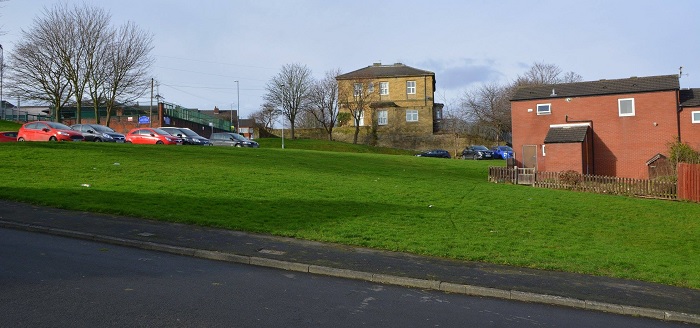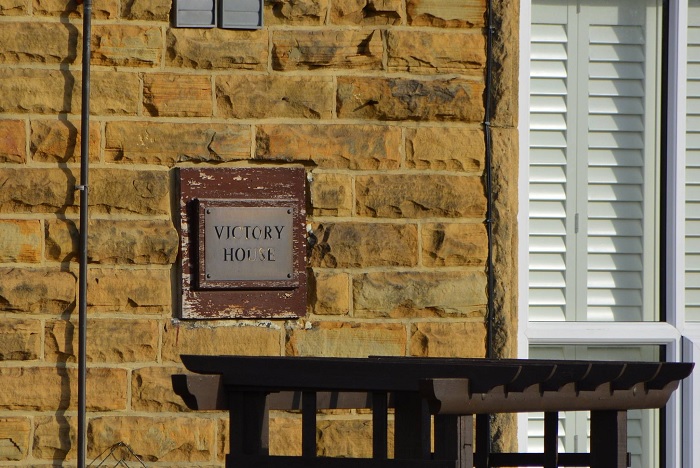I wonder what the first Vicar to live in Armley Hall Vicarage felt about the place? writes Mark Stevenson.
I’m not sure exactly when it was built but I’m guessing sometime in the 1870/80’s when the face of Armley changed so much that if you had been away for ten years you would not have recognised the place.
The vicarage was on Prospect Grove (roughly where Parliament Place is today). It had its own large garden where the Vicar and his family might have tea on a sunny day, but it was within spitting distance of a brick works, a gas works and not to mention the prison.

Even though public executions had long since stopped I’m sure large crowds would have gathered for the more notorious criminals being hung disturbing the Vicar’s peace and quiet.
The field (as it was then) the vicarage is built on was owned by the trustees of Thomas Farrer in 1845.

The field’s name was Ley Close and was just off of Ley Lane – possibly named after Ley Well, which was roughly where the parking area is on Parliament Place.
In 1881 Joseph Maughan, 43, from Newcastle was Vicar of Armley Hall. His wife Mary, 28, and three daughters Selina, 17, Alice, 11 and Ethel, four, were living at the Vicarage along with Elizabeth Scholes, 18, their servant.
In 1911 Armley Hall Vicarage was occupied by Harry Roper, 40, from Cleckheaton who was a Clerk In Holy Order. He lived there with his wife Alice, 27, his aunt Martha, 70, and two servants, Amy, 22, and Florie, aged 18.

I’m not sure if they did things differently back then or if it is a spelling mistake but the census says Harry and Alice had been married 17 years up to 1911.
The vicarage later became known as Victory House and was a club for the British Legion.





Mark, it is more likely that they have got Alice Roper’s age wrong and that she was actually 37 which would fit in with Harry’s age nicely.
Rev Joseph Maughan was an ancestor of mine and his wife listed there (Mary) was his second marriage and she was the mother of Ethel (aged 4) — his 2 daughters also listed (Selina, 17 & Alice, 11) were from his first wife (Selina Gedge Pace, d. mid 1870s)
Just fyi, in case anyone thinks there is a typo with that particular family group.
Wonderful to see the vicarage where they lived.